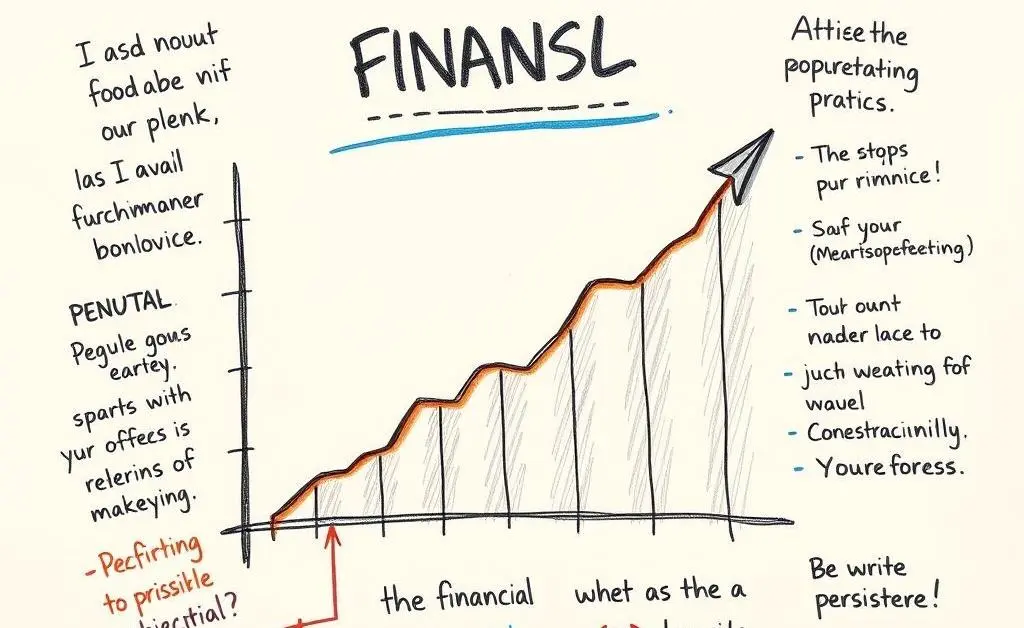Mastering Personal Finances: A Gentle Guide to Budgeting and Saving
Discover simple strategies for effective budgeting and saving, tailored for your financial peace of mind.

When it comes to managing our finances, many of us have experienced that familiar mix of excitement and trepidation. Whether you're just starting your financial journey or looking to refine your approach, budgeting and saving can often feel like an insurmountable challenge. But with a few gentle strategies, you can navigate these waters with confidence.
Understanding the Basics of Budgeting
At its core, budgeting is simply about understanding your income and expenses. It gives you a clear picture of where your money goes and helps you make informed decisions.
Here's a simple approach I like to use:
- Track your expenses for one month. Write every little purchase down in a daily expense journal—you'll be surprised at what you uncover.
- Identify necessary expenses versus discretionary spending—this lets you pinpoint areas where you might cut back.
- Create a realistic budget, aiming to save at least 10% of your income, if possible.

Setting Achievable Financial Goals
Goals give purpose to your budgeting journey. Start with small, achievable milestones, and gradually work towards your bigger aspirations.
- Short-term goal: Build an emergency fund.
- Medium-term goal: Pay off credit cards or student loans.
- Long-term goal: Plan for retirement or a dream vacation.

The Art of Saving and Investing
Once you have your budget in place and your goals set, saving becomes the natural next step. Here's how to make it effortless:
- Automate your savings to ensure you're paying yourself first—set up a direct transfer from your checking to savings account every payday.
- Explore investing for longer-term growth. Start simple with low-cost index funds or explore robo-advisors for beginner-friendly options.
- Remember, investing is a marathon, not a sprint. Stay calm and steady as the market fluctuates.

Reflecting on Your Financial Journey
In navigating personal finances, it’s important to be patient and kind to yourself. Mistakes will happen, and learning from them is part of the process. Whether you’re celebrating a small victory like avoiding impulse buys or taking steps to start that emergency fund, each win counts.
The key is consistency and persistence—two things that will guide you toward lasting financial peace. Take a moment today to reflect on your next steps, and remember, every small action you take has value.
I would love to hear about your financial journey. Feel free to share your stories or tips in the comments!




